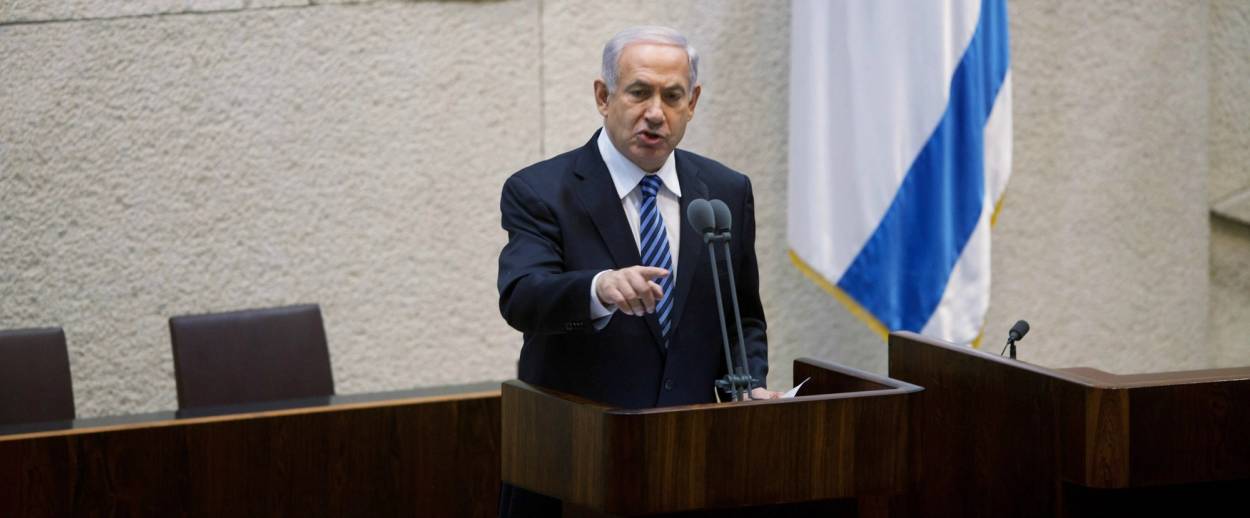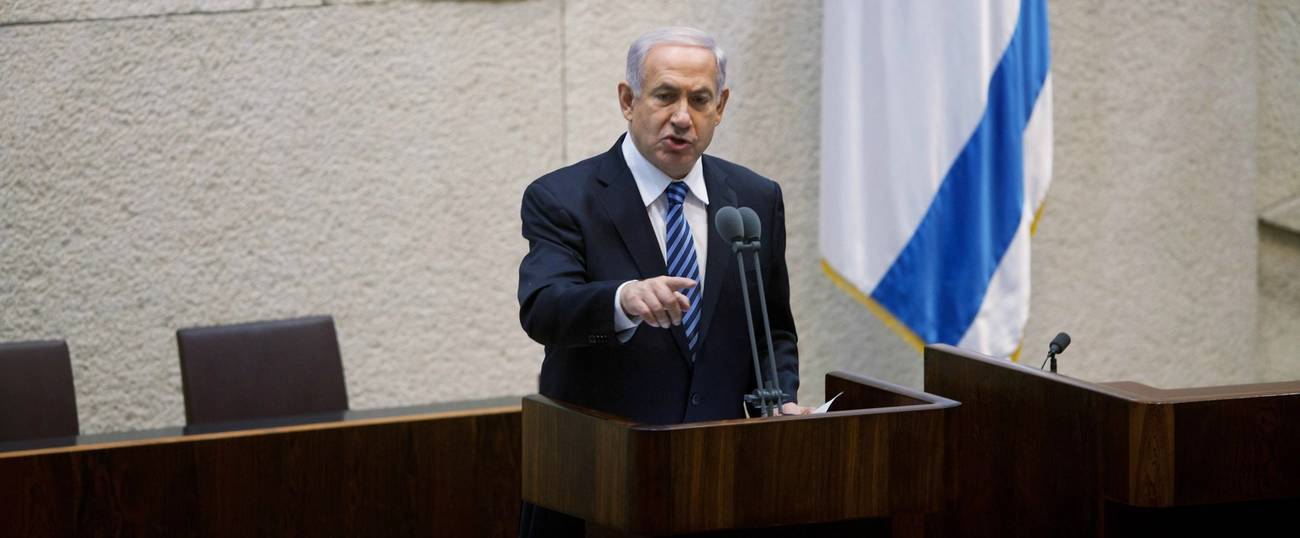In Preliminary Vote, Knesset Votes for Death Penalty to Terrorists
“This is a consideration of justice in extreme circumstances,” said Prime Minister Benjamin Netanyahu




In a 52-to-49 majority, the Israeli Knesset preliminarily approved a new bill that would permit the execution of convicted terrorists. The bill will face three additional votes in the parliament before becoming a law.
“Anyone who slaughters and then laughs will not spend his life in prison but will be executed instead,” said Prime Minister Benjamin Netanyahu in a heated discussion preceding the vote. “There are extreme circumstances in which people commit terrible crimes and no longer deserve to live. This is why we must amend our laws. This is a consideration of justice in extreme circumstances.”
If passed, the law would enable the Minister of Defense to sentence convicted terrorists to death, as well as prohibit any commuting of a death sentence once delivered. Several of Israel’s senior security officials, including the Shin Bet, opposed the bill, arguing that the death penalty will not deter potential terrorists and may even instigate kidnappings of Jews worldwide in order to try and force a prisoner exchange.
The death penalty has been under consideration for decades, with various military and political leaders advocating for its implementation. Most recently, when a Palestinian terrorist murdered five members of the Fogel family in Itamar, many in the IDF and the Knesset called for the murderer’s execution, but the initiative was blocked by the Shin Bet. According to Haaretz, Attorney General Avichai Mendelblit said in private conversations before today’s vote that he has not changed his opposition to the death penalty and that, by law, he was not bound to endorse the cabinet’s position.
Responding to a query from the Deputy Speaker of the Knesset, MK Ahmad Tibi of the Joint List party, Netanyahu said that as a matter of principle the new law, if passed, would apply to convicted Jewish terrorists as well.
Technically, military commanders in Judea and Samaria currently have the authority to sentence a convicted terrorist to death, but the verdict must be unanimous, concrete evidence must be presented even if the terrorist pleads guilty, and an appeal is automatically filed upon sentencing, irrespective of the terrorist’s wishes. The new law would make the death penalty easier to implement and will require a simple majority of judges to uphold.
Liel Leibovitz is editor-at-large for Tablet Magazine and a host of its weekly culture podcast Unorthodox and daily Talmud podcast Take One. He is the editor of Zionism: The Tablet Guide.